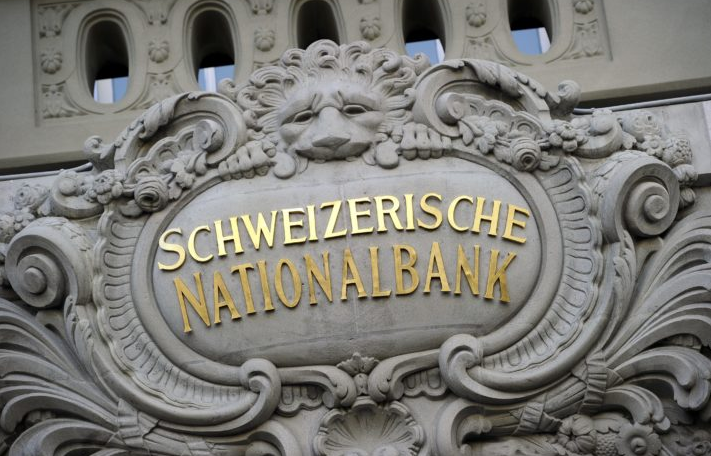The Swiss National Bank (SNB) and the Bank for International Settlements (BIS) have today signed an Operational Agreement on the BIS Innovation Hub Centre in Switzerland. The Hub will identify and develop in-depth insights into critical trends in technology affecting central banking, develop public goods in the technology space geared towards improving the functioning of the global financial system, and serve as a focal point for a network of central bank experts on innovation. In the initial phase, Hub Centres will be established in Switzerland, Hong Kong and Singapore. The Swiss Centre will initially conduct research on two projects. The first of these will examine the integration of digital central bank money into a distributed ledger technology infrastructure.
Topics:
Swiss National Bank considers the following as important: 1) SNB and CHF, 1.) SNB Press Releases, Agustin Carstens, Featured, newsletter, Thomas Jordan
This could be interesting, too:
RIA Team writes The Importance of Emergency Funds in Retirement Planning
Nachrichten Ticker - www.finanzen.ch writes Gesetzesvorschlag in Arizona: Wird Bitcoin bald zur Staatsreserve?
Nachrichten Ticker - www.finanzen.ch writes So bewegen sich Bitcoin & Co. heute
Nachrichten Ticker - www.finanzen.ch writes Aktueller Marktbericht zu Bitcoin & Co.
 The Swiss National Bank (SNB) and the Bank for International Settlements (BIS) have today signed an Operational Agreement on the BIS Innovation Hub Centre in Switzerland.
The Swiss National Bank (SNB) and the Bank for International Settlements (BIS) have today signed an Operational Agreement on the BIS Innovation Hub Centre in Switzerland.
The Hub will identify and develop in-depth insights into critical trends in technology affecting central banking, develop public goods in the technology space geared towards improving the functioning of the global financial system, and serve as a focal point for a network of central bank experts on innovation. In the initial phase, Hub Centres will be established in Switzerland, Hong Kong and Singapore.
The Swiss Centre will initially conduct research on two projects. The first of these will examine the integration of digital central bank money into a distributed ledger technology infrastructure. This new form of digital central bank money would be aimed at facilitating the settlement of tokenised assets between financial institutions. Tokens are digital assets that can be transferred from one party to another. The project will be carried out as part of a collaboration between the SNB and the SIX Group in the form of a proof of concept.
The second project will address the rise in requirements placed on central banks to be able to effectively track and monitor fast-paced electronic markets. These requirements are arising in particular from the greater automation and fragmentation of the financial markets, but also from the increased use of new technologies.
Thomas J. Jordan, Chairman of the Governing Board of the SNB, said “The SNB has for some time been closely following the digitalisation of the financial sector and technological innovations in the areas covered by its mandate. Through the cooperation at the BIS
Innovation Hub Centre in Switzerland, the SNB will be able to further expand its expertise in the area of financial markets and their infrastructures. We look forward to bolstering our collaboration with the BIS and other central banks in this space.
”Agustín Carstens, General Manager of the BIS, said “We are very proud that one of the first three Hub Centres will be here in Switzerland, where the BIS has been based for nearly 90 years. Switzerland is a hotbed of innovation. This comes on top of its overall co mpetit iveness, well-established financial ecosystem, and strong academic institutions specialising in technology.”
Tags: Agustin Carstens,Featured,newsletter,Thomas Jordan
